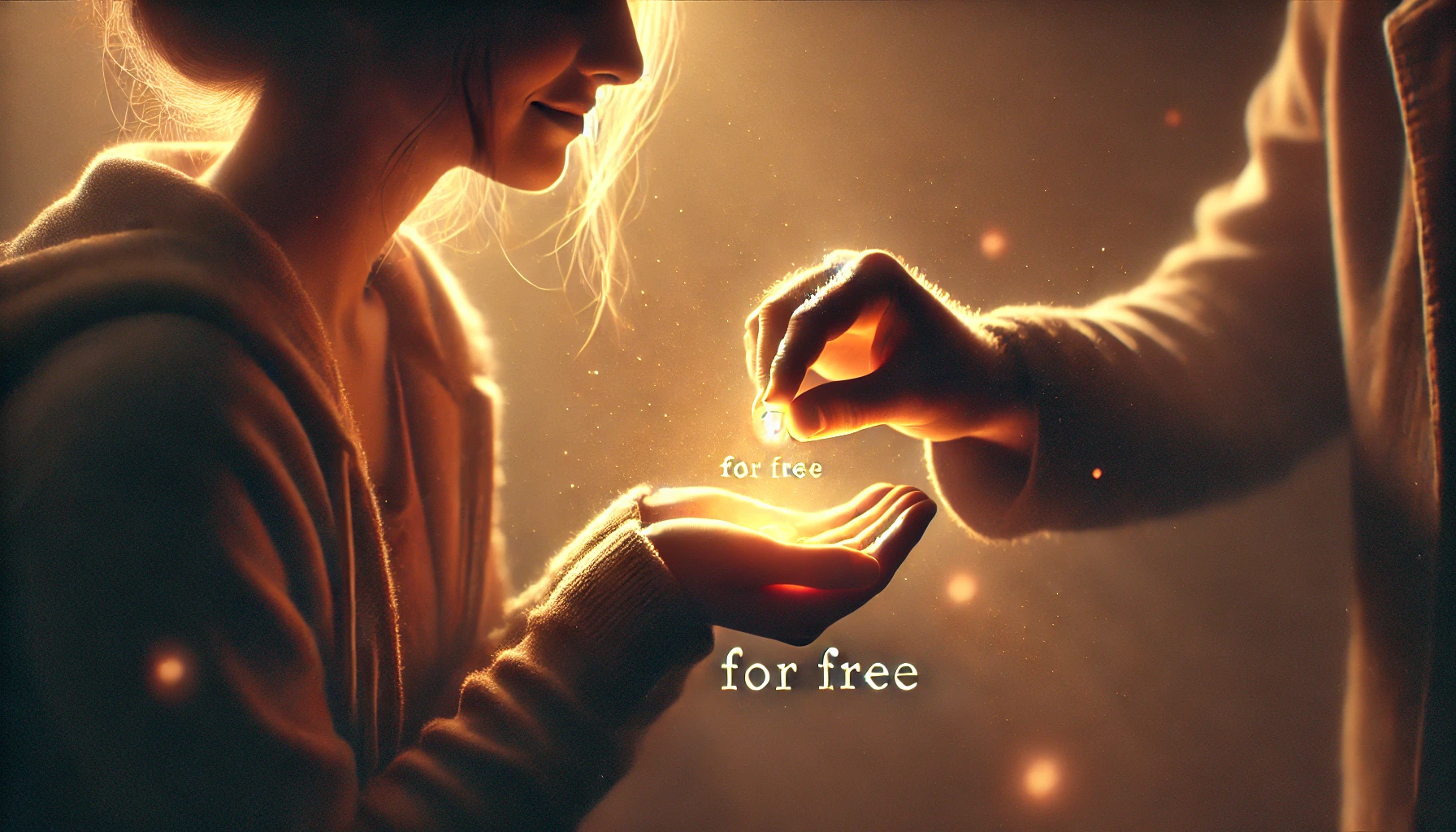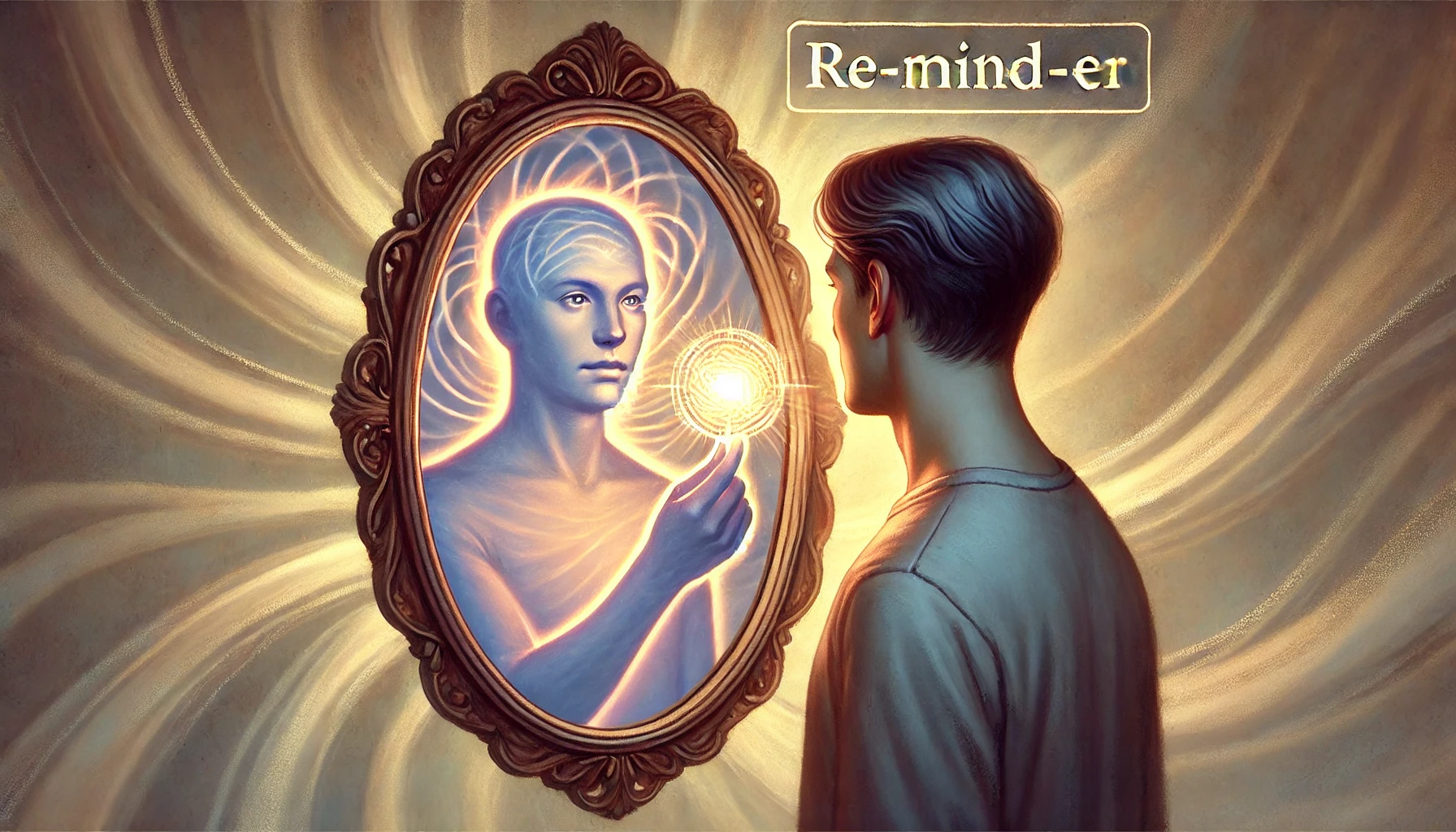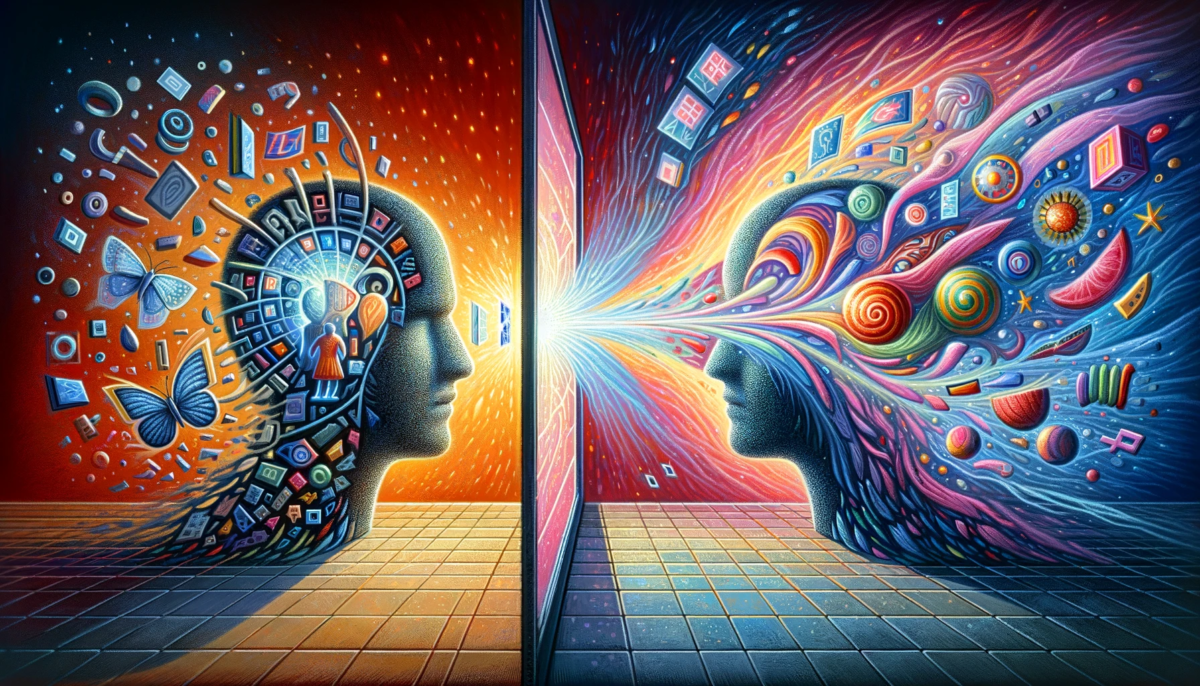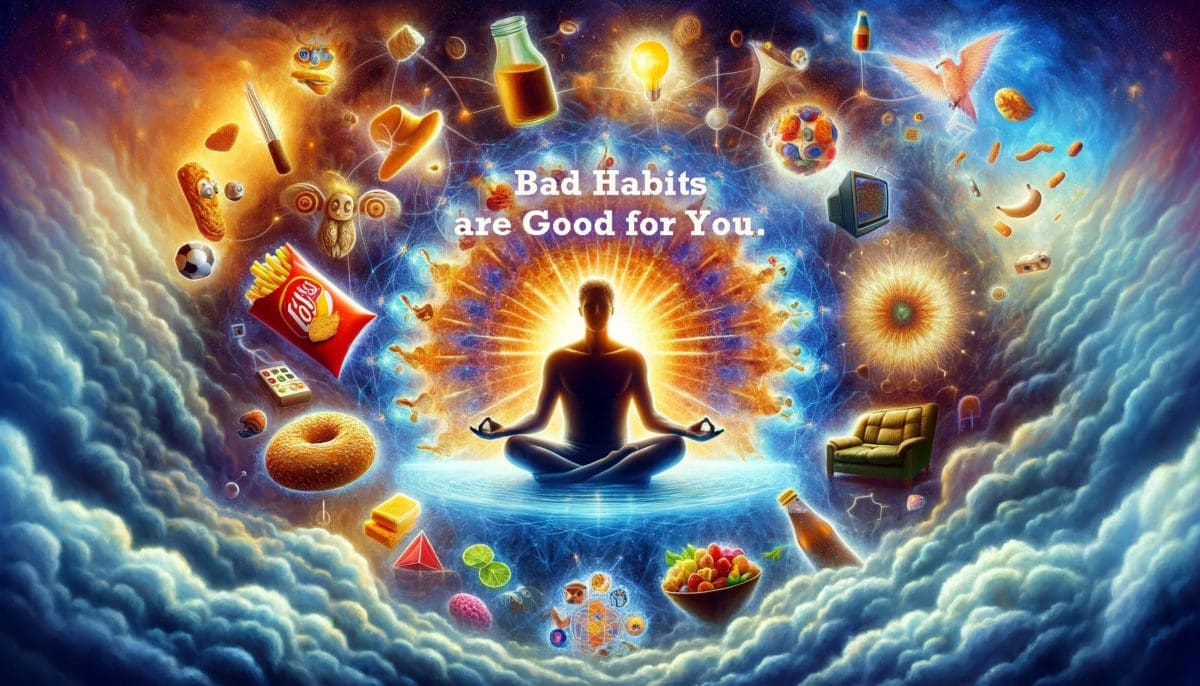Judge Me
Who are you
to judge me?
What gives you
the right to evaluate
how I fit in?
Are you simply following orders?
It that what you are,
an order follower?
Another henchman
for consensus reality
or another prisoner of it?
Somebody’s
gotta judge me, right?
That’s the way
it’s always been done.
You can see no other way.
Judge me and be judged yourself.
I understand.
Go ahead and judge me.
I don’t mind.
What I am
is not dependent on you.
What I am
is not dependent
of this outcome.
What I am
is not something
that need be judged.
But this is the way
it’s always been done.
So judge me.
But know that I
will not judge you.
You’re just doing
what you think is right.
Bless you for being
such a good sport.
Sorry if I judge you
as being a good sport.
I guess I lied.
Judge me.
I insist.
Trail Wood,
2/12
The inquiry into the act of judgment, its underlying motivations, and the dynamics of societal conformity opens a doorway into the complex realm of human perceptions and interactions. The message challenges the very essence of judgment and encourages introspection on the nature of evaluating others and being evaluated in return.
Questioning the Right to Judge
The initial question, “Who are you to judge me?” forces us to scrutinize the authority that permits one to assess another’s actions, beliefs, or character. It questions the legitimacy of judgment, prompting a reflection on the origins of such authority and its implications.
Conformity and Obedience
The reference to “following orders” and being an “order follower” delves into the psychology of conformity and obedience within societal structures. It highlights the tension between individual autonomy and the pressure to adhere to established norms and consensus reality. It invites us to contemplate whether our judgments are influenced by societal conditioning and whether we are complicit in perpetuating judgment as a norm.
The Cycle of Judgment
The acknowledgment that “That’s the way it’s always been done” sheds light on the perpetuation of judgment as a cyclical and self-sustaining behavior. It suggests that the act of judgment is deeply ingrained in human culture and history, raising the question of whether there are alternative ways to navigate human interactions.
Embracing Non-Judgment
The message’s declaration, “What I am is not something that need be judged,” challenges the assumption that judgment is an essential aspect of human interactions. It underscores the idea that true understanding and acceptance of others do not require judgment. It invites us to consider the possibility of embracing non-judgment as a means of fostering deeper connections and empathy.
The Act of Blessing
The act of blessing the one who judges, even as judgment is imposed, reveals a compassionate stance towards those who engage in evaluation. It acknowledges the complexity of judgment and suggests that individuals may judge out of a perceived sense of duty or righteousness. It reflects a willingness to extend understanding and compassion, even in the face of judgment.
Summary
The exploration of judgment, its origins, and its implications encourages us to reflect on the nature of our evaluations of others and ourselves. It challenges the status quo of societal conformity and opens the door to a deeper understanding of the complexities of human interactions. Ultimately, it calls for a more compassionate and empathetic approach to our fellow beings.
We invite your thoughts on the act of judgment, its role in society, and the possibility of embracing non-judgment as a means of fostering understanding and connection.
























Leave a Reply